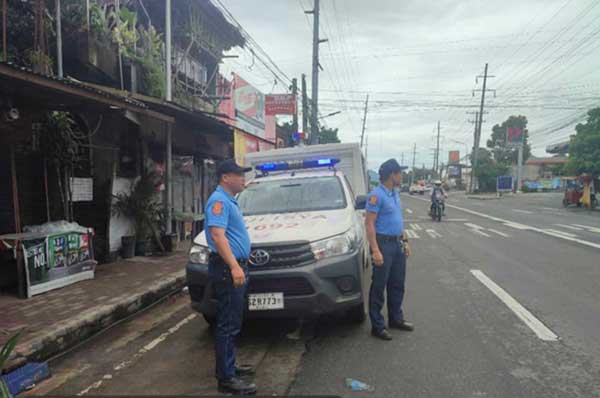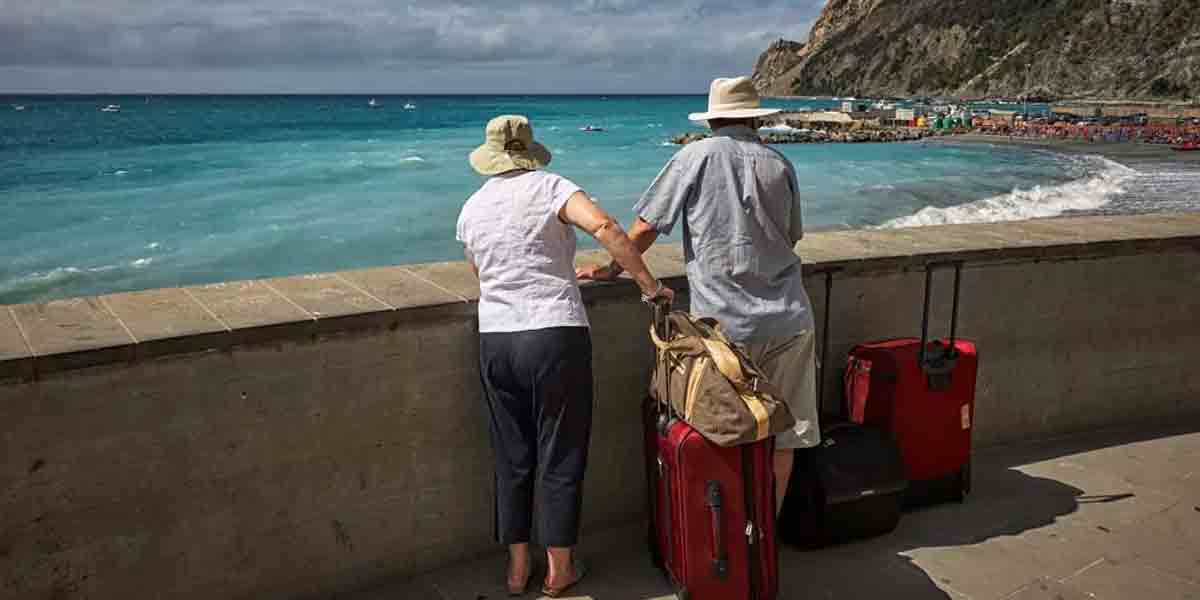
By Glazyl M. Jopson
BACOLOD CITY – “It’s achievable.”
This was the assurance of Police Col. Joeresty Coronica, city director of the Bacolod City Police Office (BCPO), as he expressed confidence that the five-minute police response time set by the Philippine National Police (PNP) headquarters can be met in this highly urbanized city.
Speaking at a press briefing Wednesday, Coronica said BCPO is aligned with the directive of PNP chief Maj. Gen. Nicolas Torre III to boost police visibility and response capabilities, especially in urban areas.
“We are serious about achieving the requirement set by the Chief PNP,” he said.
Coronica emphasized that rapid response is vital to a proactive policing strategy.
The five-minute response time, he added, is both realistic and necessary for Bacolod, which serves as a “show window” for other units under the Police Regional Office–Negros Island Region (PRO-NIR).
To reach this goal, BCPO is realigning its resources and operational strategies.
While acknowledging that Bacolod lacks the patrol vehicles and motorcycles available to Metro Manila units, Coronica said they are optimizing current assets.
BCPO has requested additional support from the city government, including 13 motorcycles and two Special Weapons and Tactics (SWAT) vans.
“We have to lobby our local government for support to further achieve the goal,” he said.
If granted, these units will significantly improve the police force’s response time and reach.
Coronica said the vehicles will be deployed strategically across Bacolod to ensure faster access to incident sites.
For instance, a station with three patrol vehicles may be assigned a fourth, enabling the division of its jurisdiction into four sectors, each with a dedicated mobile patrol.
Nearby stations will provide assistance as needed.
He also stressed the importance of maintaining a reserve force.
“We cannot commit all our resources at once — criminal elements might exploit that,” he said.
Under the revised deployment plan, no patrol vehicle will remain idle at any station unless required for administrative tasks.
Personnel shifts will be adjusted, with officers reporting directly to their designated posts.
Non-administrative staff will also be reassigned to the field.
In parallel with these changes, BCPO is adopting technology to enhance its responsiveness.
From the national 911 hotline to local emergency numbers and even social media, Coronica said police assistance is now just a call or message away.
“We need to adapt to the advancement of technology,” he said.
He added that BCPO is not merely complying with the directive from the Chief PNP but strengthening it through planning and digital integration.
Even before the directive, BCPO had already launched a modernization program in March called TRACE.
The system uses a geo-tracking app to monitor officers in real time during beat patrols, motorcycle patrols, or checkpoints.
Duty officers log in through the app, allowing the City Tactical Operations Center to confirm their presence and activity.
Even if an officer forgets to log out, the system records the last known location.
The Officer of the Day now focuses on inspections, personnel accountability, and station maintenance.
The app enables real-time tracking and includes random checks to ensure effective field deployment.
Coronica said this is part of efforts to reinforce national directives with local innovations.
The app-based system also manages day-off scheduling and personnel replacements, reducing manual coordination.
Coronica noted that the BCPO recognizes the personal responsibilities of police officers.
“We, too, have families and personal responsibilities, and officers are required to work a 40-hour workweek,” he said.
He affirmed that the eight-hour daily duty for police officers is a reasonable standard.






















